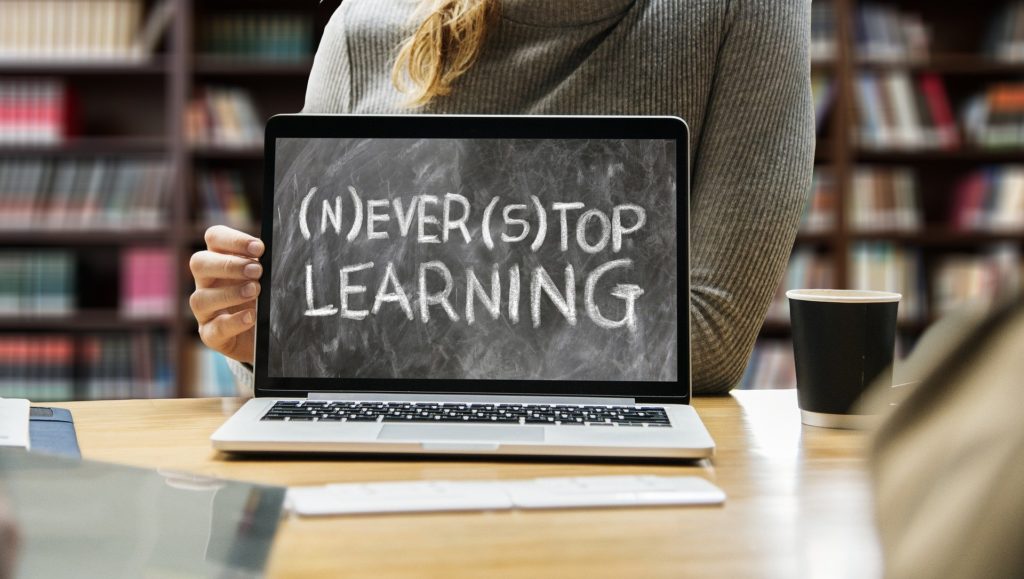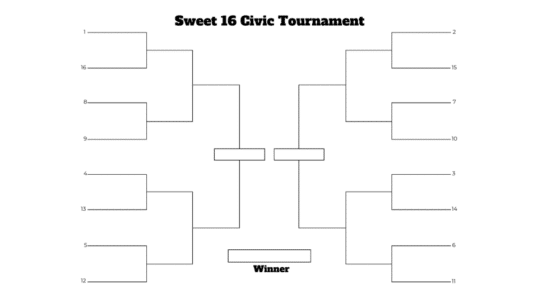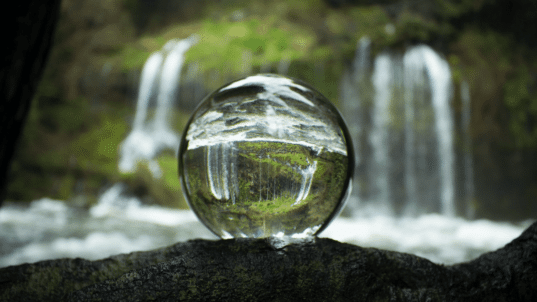
Image by Gerd Altmann from Pixabay
Diane Vest was asked to teach a student-centered class where students would learn how to facilitate discussions as well as become effective collaborators in their small-group discussions. To prepare for teaching the class, she shadowed Jeff Hartman, the current instructor.
At the end of each class, Vest and Hartman would debrief. Vest wrote down questions from her observations of each class. Then she and Hartman would review the questions and discuss her observations. While many of the questions Vest would ask were covered in the course materials, many were not or were variations that Hartman had developed from the course material.
The shadowing went on for the entire semester. At the last debriefing sessions, Vest commented, “I never realized that there was so much to learn from teaching this class. How did you prepare your course materials?”
“You have to realize that the subject matter in this class is ever changing. I learn something new every day I teach this class. A lot of the questions you asked me were things I hadn’t thought of before or had never captured in the course materials. I learn a lot from my students. You will be surprised by how effective they are at developing their own style and approach to facilitation. So don’t think you will need to have a detailed guide to teach the class. Just be observant and be nimble.”
Facilitation and collaboration practices are not like physics. While there are some general principles and best practices, they are nothing like the laws of thermodynamics. The best way to think of teaching and practicing facilitation and collaboration comes from learning by doing—and then using a continuous improvement approach to establish what works best for you.
Facilitation and collaboration are in essence a performing art. As such, what works will change with the participants and the specific context. What is necessary is to continuously learn from each experience so you can be adaptive to each new situation.
In many respects, you need to approach each experience when facilitating by remembering the Yiddish proverb: “Man plans, God laughs.” Of course you want to prepare, but you should be prepared to adjust. The key is to learn from each experience to help you succeed with the next performance.
* * *
“All discoveries in art and science result from an accumulation of errors.” — Marshall McLuhan, philosopher and media theorist
This post is part of our “Think About” education series. These posts are based on composites of real-world experiences, with some details changed for the sake of anonymity. New posts appear on Wednesdays.



